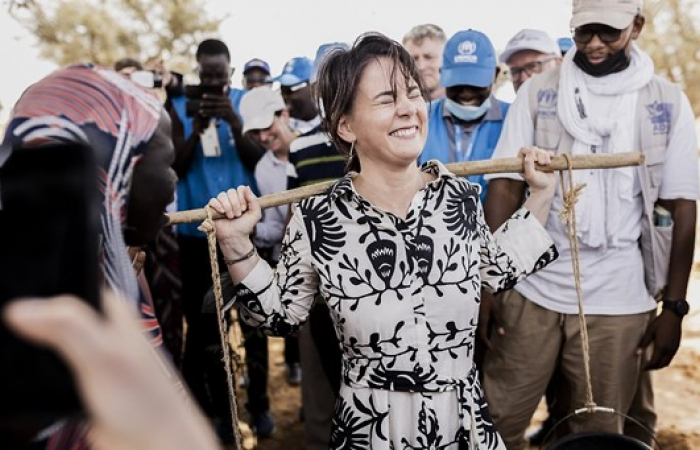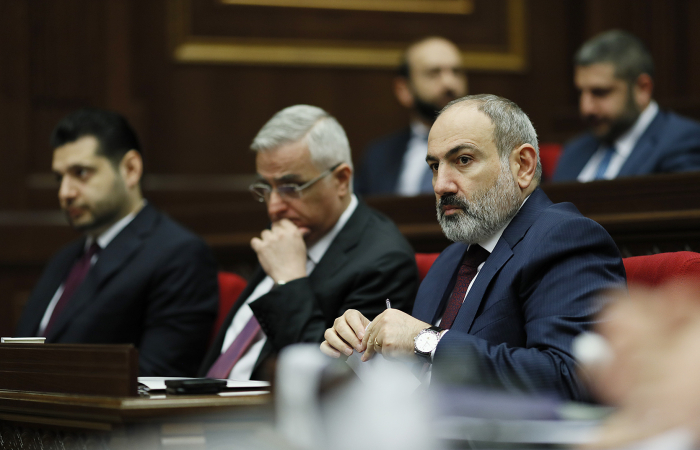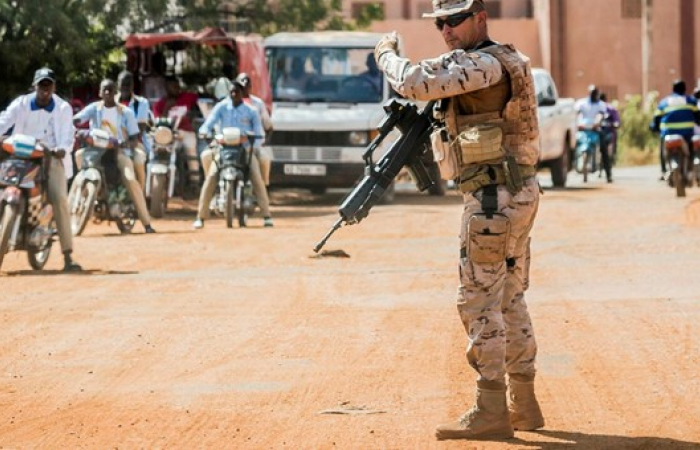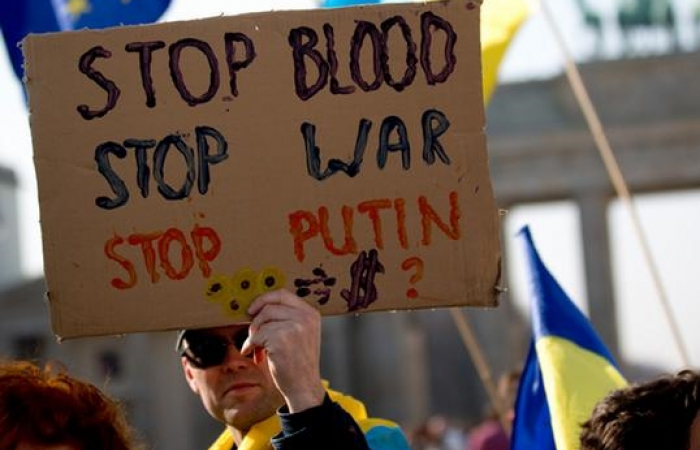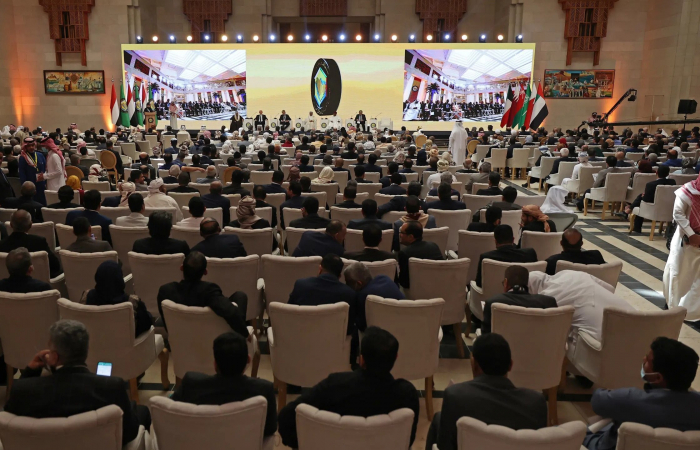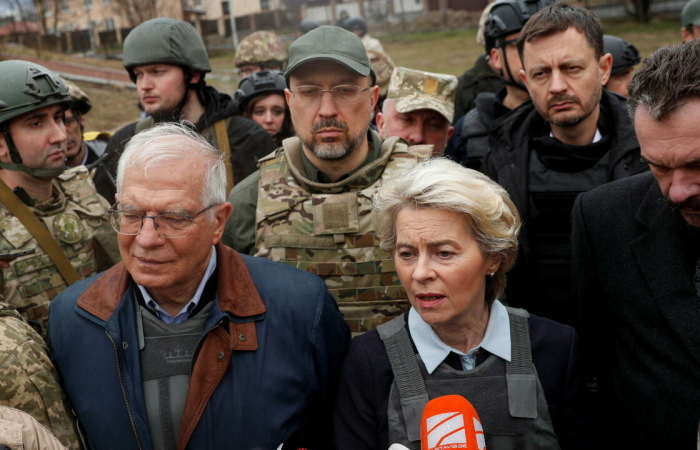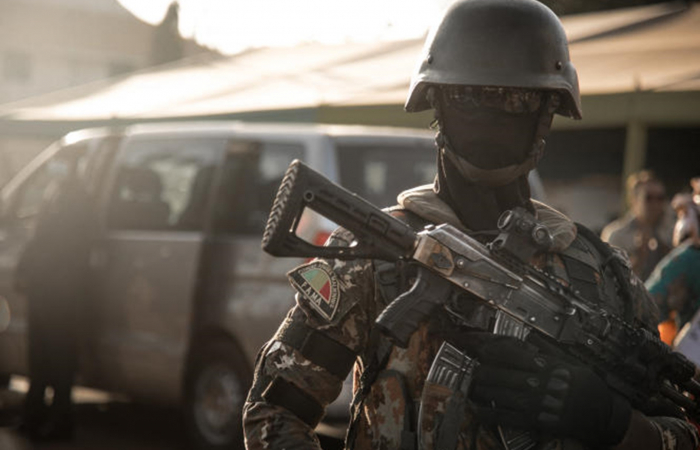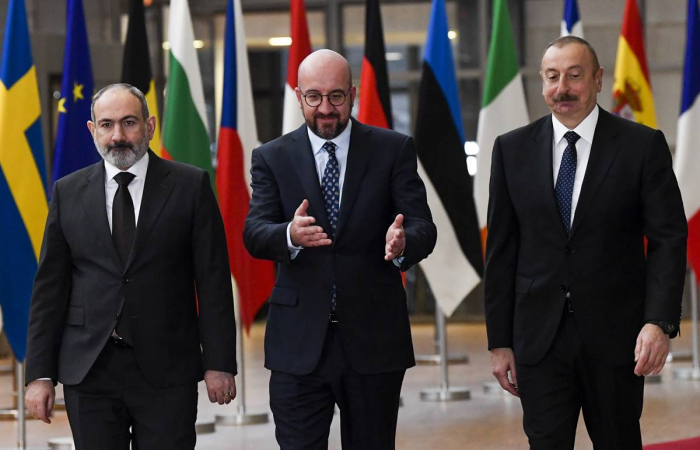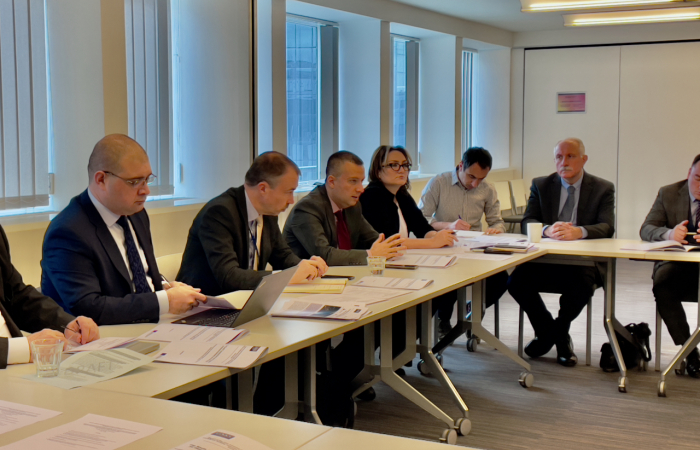Trending
UNDP report highlights devastating effects of the Gaza conflict saying it has set human development in the territory back by about 20 years
3 May 2024
The war on Gaza has depleted much of the physical and human capital in the enclave and severely affected the rest of the occupied territories in the West Bank and East Jerusalem, according to a newly published UN report.
It warns that in addition to the thousands of lives already lost, and the many people injured or maimed for life, the risk of “future lost generations is real.”
The report by the UN Development Program, titled “War in Gaza: Expected Socioeconomic Impacts on the State of Palestine,” highlights the widespread damage caused by the conflict, including: the destruction of about 80,000 homes, resulting in significant, and possibly long-lasting, displacement and homelessness among the population; the depletion and pollution of natural resources; and the destruction of infrastructure such as water and sanitation systems, educational institutions and health care facilities.
It said human development in Gaza has been set back to the extent it could take 20 years to return to prewar levels, and recovery seems unlikely in the absence of a functioning economy, adequate institutional capacities, and the ability to trade.
“With 37 million tons of debris, compared to 2.4 million tons of debris in the 2014 war, and 72 percent of all housing in Gaza destroyed, and 90 percent of commercial and all other buildings destroyed, this is unprecedented.”
The report analyzes the devastating effects the ongoing war in Gaza has had on the Palestinian people, their economy and human development in the territory, and predicts the possible consequences based on scenarios that assume a further one to three months of conflict.
Based on official figures, by April 12 this year, at least 33,207 Palestinians had been killed in Gaza, an estimated 7,000 were missing, and 80,683 had been injured. About 70 percent of the dead were women and children. Many of the injured are likely to suffer long-term consequences, including disabilities.
These figures reveal that at least 5 percent of the population of Gaza has been killed, maimed or injured. In addition, about 500 Palestinians have been killed in the West Bank since the beginning of the war.
“No other armed conflict in the 21st century has caused such a devastating impact on a population in such a short time frame,” the report notes. It states the number of people in Gaza living in poverty has risen to 1.67 million in the six months since the conflict between Israel and Hamas began in October last year.





